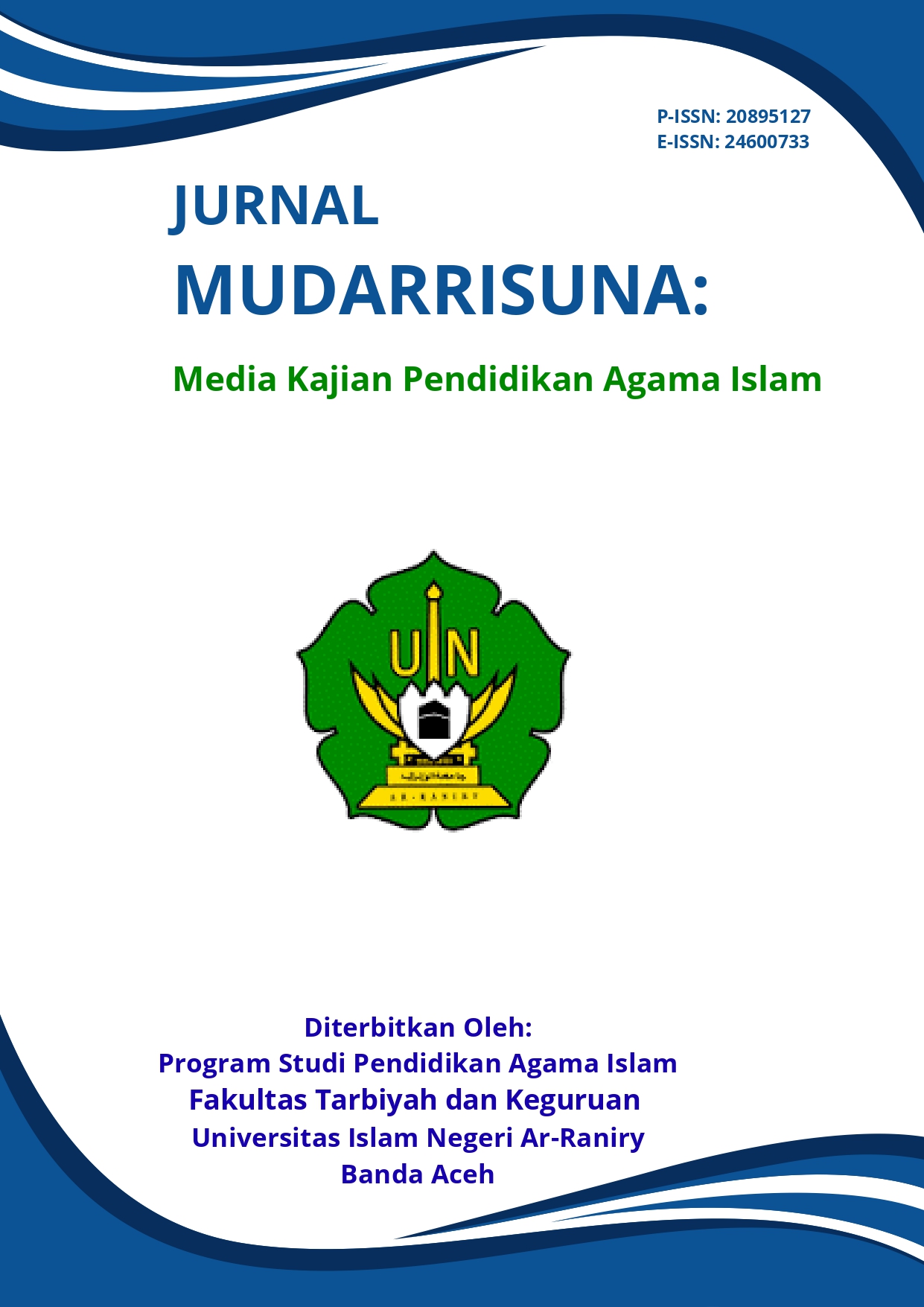DAMPAK PEMBELAJARAN PENDIDIKAN AGAMA ISLAM BERBASIS PROYEK (PROJECT-BASED LEARNING) TERHADAP KREATIVITAS MAHASISWA
DOI:
https://doi.org/10.22373/e6vj5f31Keywords:
Project-Based Learning, Pendidikan Agama Islam, Kreativitas Mahasiswa.Abstract
Islamic Religious Education (PAI) plays a crucial role in shaping students' character, but conventional methods are often less effective in enhancing creativity. This study analyzes the impact of Project-Based Learning (PBL) on the creativity of PAI students at Universitas Islam Kebangsaan Indonesia (UNIKI). Using a quasi-experimental design, the study involved 60 students, divided into an experimental group (PBL) and a control group (conventional method). Data were analyzed using t-tests based on creativity questionnaires and observations. The results indicate that PBL significantly enhances creativity, with a 31.3% increase in the experimental group compared to 11.9% in the control group. PBL also improves thinking flexibility (25.7%), idea originality (29.2%), and creative product skills (28.4%) more effectively than conventional methods. PBL has proven to be an effective approach to enhancing students' creativity in PAI and can serve as an innovative learning method in higher education.
Downloads
Published
Issue
Section
License
Copyright (c) 2025 muhammad Ar Waled

This work is licensed under a Creative Commons Attribution-ShareAlike 4.0 International License.
Jurnal MUDARRISUNA: Media Kajian Pendidikan Agama Islam allows the author(s) to hold the copyright and to retain the publishing rights without restrictions. Authors who publish in this journal agree to the following terms:
- Authors retain copyright and grant the journal right of first publication with the work simultaneously licensed under a Creative Commons Attribution-ShareAlike 4.0 International License that allows others to share the work with an acknowledgment of the work's authorship and initial publication in this journal.
- Authors are able to enter into separate, additional contractual arrangements for the non-exclusive distribution of the journal's published version of the work (e.g., post it to an institutional repository or publish it in a book), with an acknowledgment of its initial publication in this journal.
- Authors are permitted and encouraged to post their work online (e.g., in institutional repositories or on their website) prior to and during the submission process, as it can lead to productive exchanges, as well as earlier and greater citation of published work.




